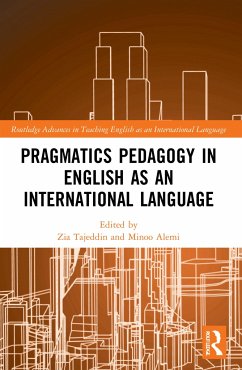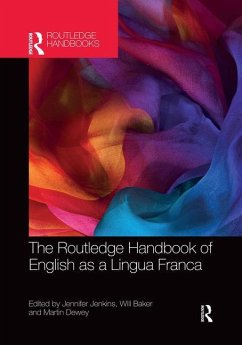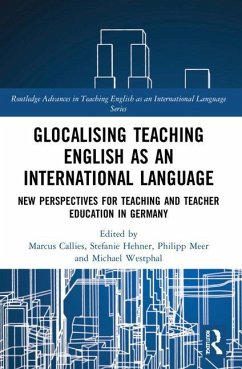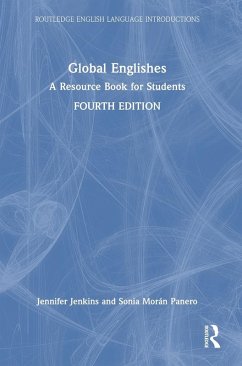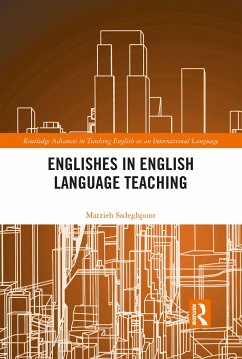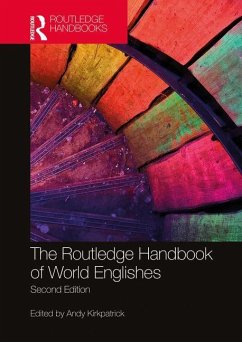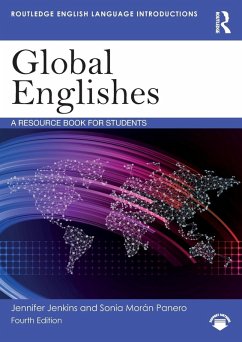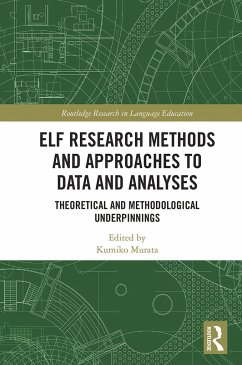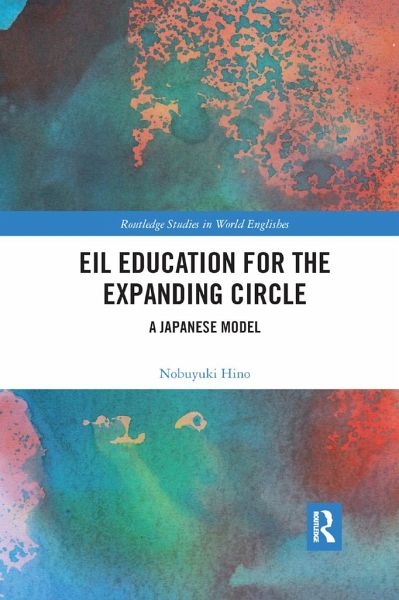
EIL Education for the Expanding Circle
A Japanese Model
Versandkostenfrei!
Versandfertig in 6-10 Tagen
46,99 €
inkl. MwSt.
Weitere Ausgaben:

PAYBACK Punkte
23 °P sammeln!
The teaching of English in the Expanding Circle, traditionally called EFL countries, has long been regarded as having no choice but to follow Inner Circle or Anglo-American norms, both in pedagogy and language models. This situation is in sharp contrast with that of the Outer Circle, or ESL countries, where the WE (World Englishes) paradigm, coupled with post-colonialism, has liberated the users of indigenous Englishes from the norms of Anglophone native speakers. Employing. Japan as a primary sample, this book proposes a new paradigm of EIL (English as an International Language) education, by...
The teaching of English in the Expanding Circle, traditionally called EFL countries, has long been regarded as having no choice but to follow Inner Circle or Anglo-American norms, both in pedagogy and language models. This situation is in sharp contrast with that of the Outer Circle, or ESL countries, where the WE (World Englishes) paradigm, coupled with post-colonialism, has liberated the users of indigenous Englishes from the norms of Anglophone native speakers. Employing. Japan as a primary sample, this book proposes a new paradigm of EIL (English as an International Language) education, by integrating relevant paradigms such as WE and ELF (English as a Lingua Franca), which enables users of English from the Expanding Circle to represent their own voices in international communication.. Various examples of actual classroom practice in EIL are also presented, bridging the longstanding gap between theory and practice in this field.





